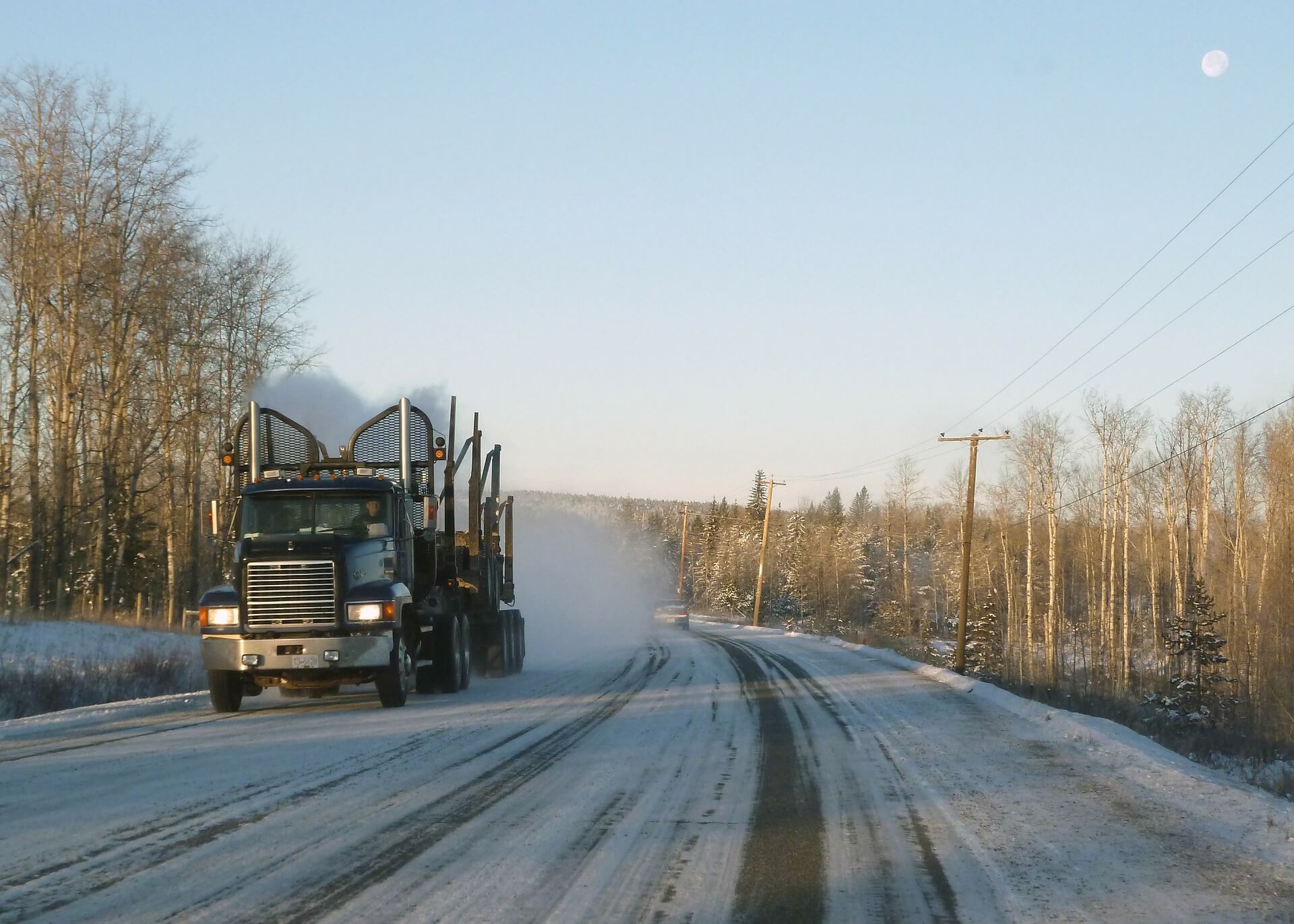
During the winter, salt and brine get into the undercarriage of your fleet. Batteries take a beating. And fluids can be trickier to top off. As a result of these and other factors, winter fleet maintenance is crucial to extend the life of your fleet vehicles. Make your fleet last longer by following these winter-proof recommendations.
Salt and Brine
When salt and brine are put down, it melts the snow and ice, causing it to splash up into the undercarriage of your vehicles. Metal doesn’t mix well with either. Even sand could start to cause corrosion to the frame, metal lines, suspension and the exhaust. Washing fleet vehicles, including the undercarriage, frequently during the winter months helps to slow down the rusting process cause by ice-melting chemicals and sand.
Batteries
Even if your batteries have a higher number of cold cranking amps, the cold does take its toll on them. The colder it is, the more “juice” it takes from the battery to start your vehicle. Throughout the winter, keep an eye on batteries. If they are close to their expiration date – the end of the warranty period – change the batteries to lessen the chance of being stranded in the cold.
Diesel Fuel
Diesel fuel will gel during the winter if it’s cold enough. Always treat diesel with anti-gel. If the diesel should gel while you are on a job, you could be stranded until the anti-gel starts to work – which could take at least a few hours. If you treat the fuel when you fill up the trucks, the chances of you getting stranded due to fuel problems are lessened considerably. Always keep a bottle of anti-gel in the truck with you, in case you or a co-worker needs it.
Checking Fluids
Always keep the fluids topped off, especially windshield washer fluid. If you get behind someone who splashes road grime onto your windshield, you definitely don’t want to be out in the cold clearing your windshield by hand. If you do have to add water to the radiator, never add straight water. Add the appropriate antifreeze for your vehicle. If you don’t have the proper concentration of antifreeze for the temperature, the water could freeze in the block. In most cases, a freeze plug will pop out, but it could cause the block to crack. Additionally, antifreeze helps to prevent rust inside the engine and any metal water and heater pipes.
Tires
Check the tires at least once a week to ensure that they have the proper air pressure and the tread is wearing properly. You’ll need tires with plenty of tread – at least 4/32 of an inch – during the winter to have good traction in the snow and mud. Tires are considered to be worn when they get to 2/32 of an inch. But remember: the more tread you have, the better the tire is able to grab the snow.
Contact Drake-Scruggs
Contact Drake-Scruggs for an appointment for a full maintenance check-up during the winter if you do not have your own mechanic to check your fleet of trucks.

